After 50, your body needs different nutrients to stay strong and healthy. Good nutrition becomes even more important as you age, helping protect your bones, heart, and brain.
The right foods can boost your energy, support your immune system, and help you feel your best every day. Here are eight amazing foods that deserve a spot on your weekly grocery list.
1. Salmon
Rich in omega-3 fatty acids, salmon works like medicine for your heart and brain. Studies show that women who eat fish twice a week have lower rates of heart disease and memory problems.
Fresh or frozen both work well for your weekly meals. Try baking it with lemon and herbs, or add canned salmon to salads and sandwiches.
Beyond heart health, salmon provides high-quality protein that helps maintain muscle mass. Your bones also benefit from the vitamin D found in this pink fish, which becomes harder to get as you age.
2. Greek Yogurt
Packed with protein and probiotics, Greek yogurt supports both your digestive system and bone health. One cup contains nearly twice the protein of regular yogurt, helping you feel full longer.
Choose plain varieties to avoid added sugars, then sweeten naturally with berries or honey. The live cultures in yogurt help maintain healthy gut bacteria, which affects everything from immunity to mood.
Calcium content makes this creamy treat essential for preventing bone loss. Mix it into smoothies, use as a sour cream substitute, or enjoy with nuts for a satisfying snack that fuels your day.
3. Leafy Greens
Spinach, kale, and arugula deliver more nutrition per bite than almost any other food. These green powerhouses contain folate, which helps prevent memory decline and supports heart health.
Dark leafy greens also provide lutein and zeaxanthin, nutrients that protect your eyes from age-related problems. Add them to smoothies, soups, or salads for an easy nutrition boost.
Iron content helps prevent the fatigue that many women experience after menopause. Try sautéing them with garlic and olive oil, or mix baby spinach into pasta dishes for a mild, nutritious addition to your meals.
4. Blueberries
Small but mighty, blueberries contain more antioxidants than almost any other fruit. Research suggests that eating berries regularly can improve memory and slow brain aging in women over 50.
Fresh or frozen berries work equally well for your health goals. Add them to oatmeal, yogurt, or eat them straight from the container as a sweet, guilt-free snack.
Anthocyanins, the compounds that give blueberries their deep color, also support heart health and reduce inflammation. Just one cup provides vitamin C and fiber while satisfying your sweet tooth naturally without added sugars or artificial ingredients.
5. Avocados
Creamy avocados provide healthy monounsaturated fats that support heart health and help your body absorb fat-soluble vitamins. Half an avocado contains about 10 grams of fiber, supporting digestive health.
Potassium levels in avocados exceed those in bananas, helping regulate blood pressure naturally. Spread on whole grain toast, add to salads, or blend into smoothies for extra creaminess.
Healthy fats in avocados can help reduce belly fat, which becomes more common after menopause. The versatile fruit also contains folate and vitamin K, supporting bone health and energy production throughout your busy days.
6. Nuts and Seeds
Almonds, walnuts, and pumpkin seeds provide protein, healthy fats, and important minerals like magnesium and zinc. These nutrients support bone health, heart function, and immune system strength.
Walnuts specifically contain alpha-linolenic acid, a plant-based omega-3 that supports brain health. A small handful daily provides lasting energy without blood sugar spikes.
Magnesium in nuts helps with sleep quality and muscle function, both important concerns for women over 50. Keep portions to about one ounce daily, and choose unsalted varieties to avoid excess sodium in your diet.
7. Sweet Potatoes
Orange-fleshed sweet potatoes burst with beta-carotene, which your body converts to vitamin A for healthy skin and eyes. One medium sweet potato provides over 400% of your daily vitamin A needs.
Complex carbohydrates in sweet potatoes provide steady energy without blood sugar crashes. Fiber content supports digestive health and helps you feel satisfied after meals.
Potassium helps regulate blood pressure, while vitamin C supports immune function and collagen production. Bake them whole, roast as fries, or mash for a nutritious side dish that tastes naturally sweet and satisfying.
8. Beans and Lentils
Affordable and versatile, beans and lentils pack protein, fiber, and folate into every serving. These plant-based proteins help maintain muscle mass while supporting heart health through cholesterol reduction.
Soluble fiber in legumes helps stabilize blood sugar and promotes feelings of fullness. Iron content supports energy levels, which can decline after menopause due to hormonal changes.
Folate becomes especially important for women over 50, supporting brain function and reducing inflammation. Add beans to soups, salads, or make them the star of hearty main dishes that satisfy and nourish your body completely.
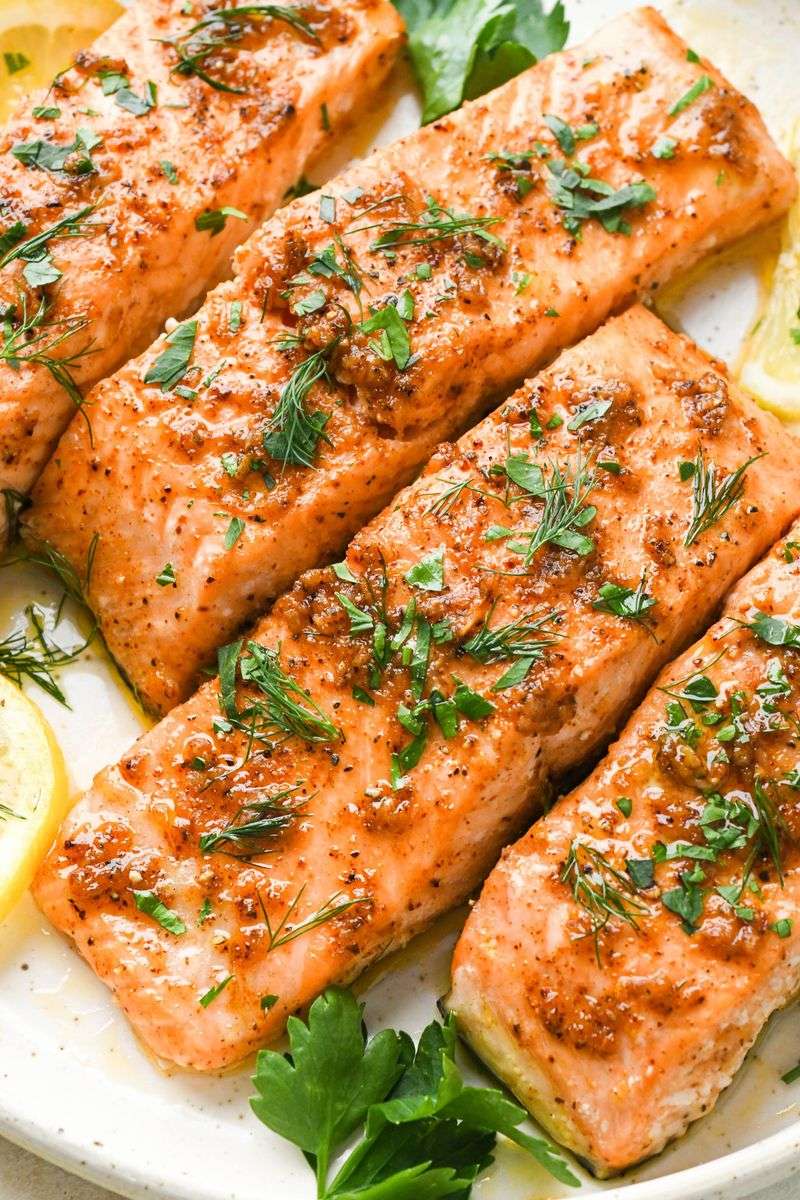
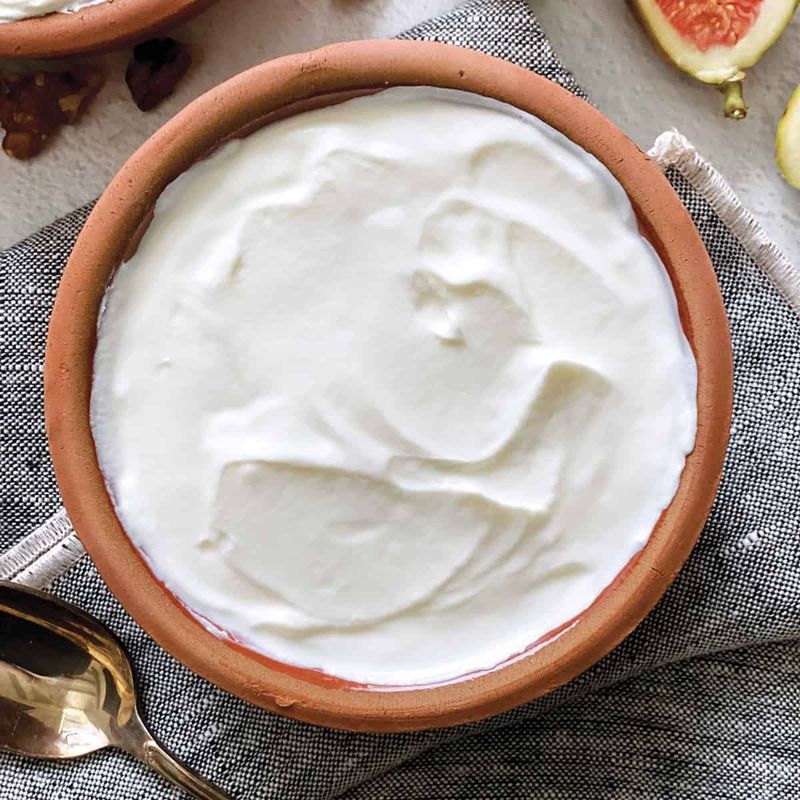
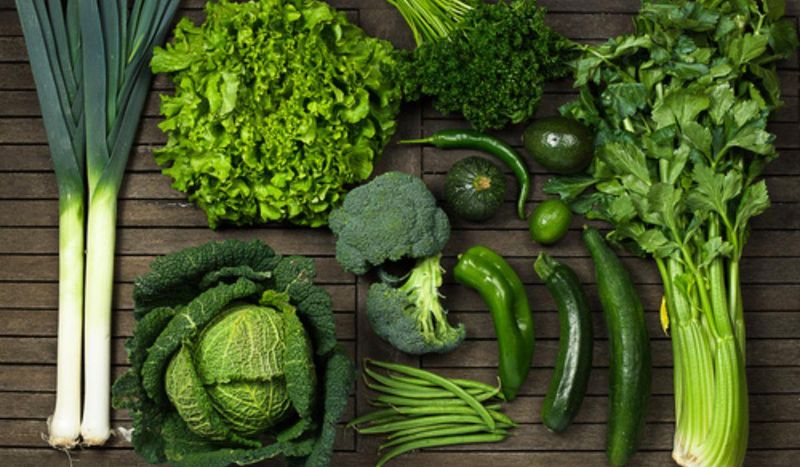
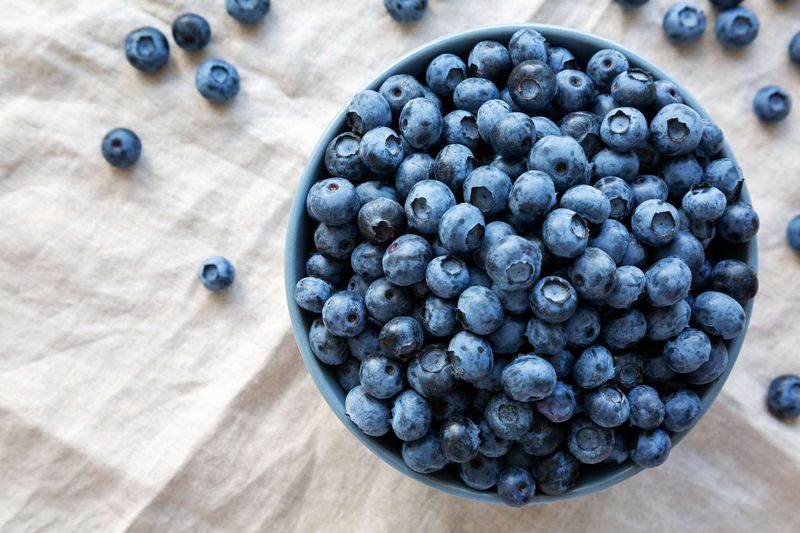
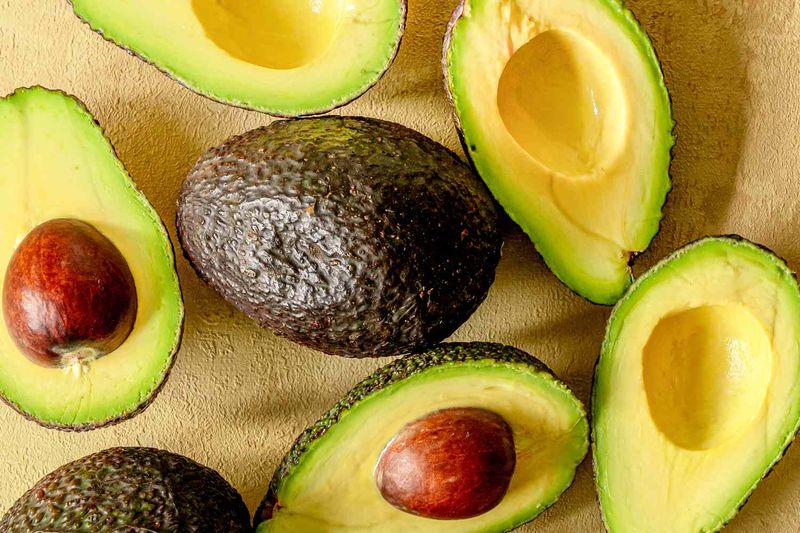
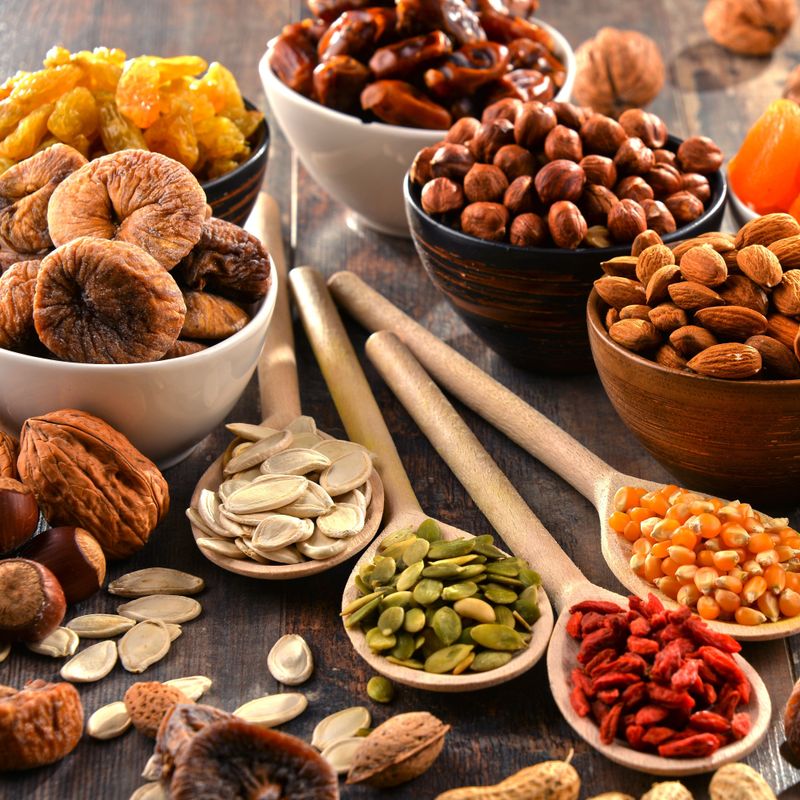
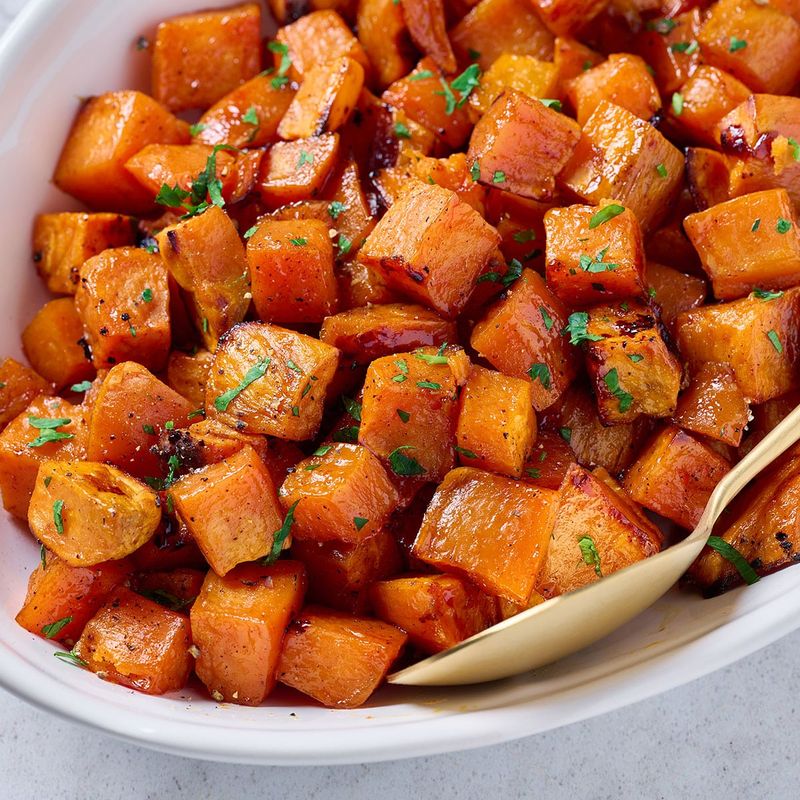
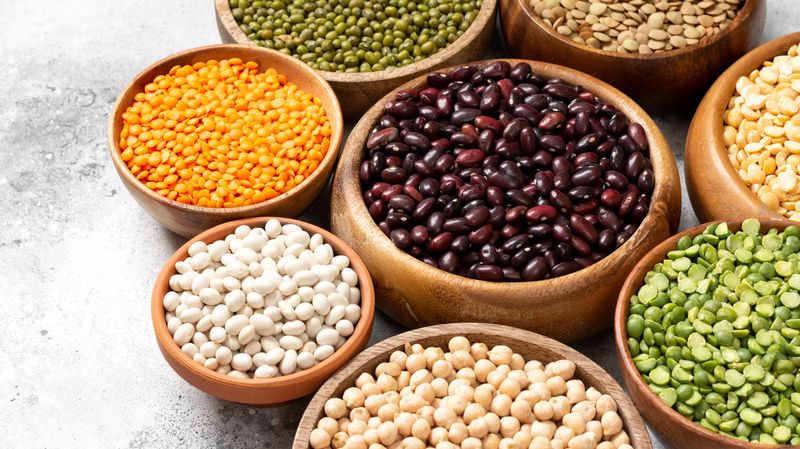
Leave a comment